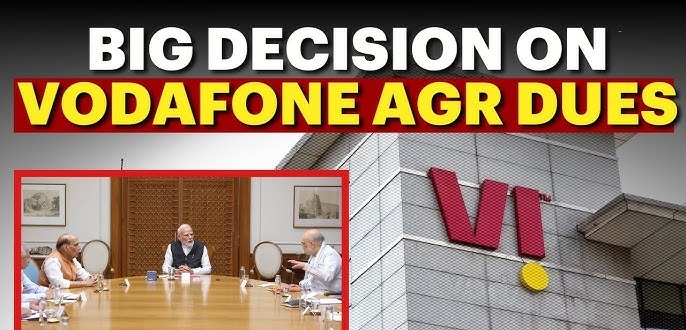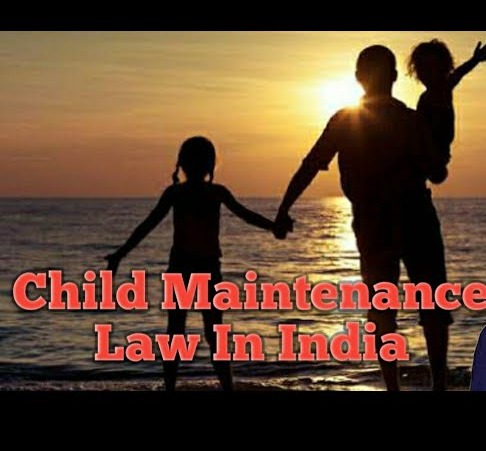A.S. Oka, J.@mdashHeard learned Counsel for the petitioners.
2. The petitioners are the original defendants in a suit filed by respondents Nos. 1 to 20 against the petitioners and respondent No. 21. By order dated 6th December, 2003, the learned trial Judge rejected the plaint by exercising powers under Order VII, Rule 11 of the Code of Civil Procedure, 1908 (hereinafter referred to as "the Code").
2-A. The original plaintiffs preferred an appeal for challenging the order rejecting the plaint. In the said appeal an application was made by the original plaintiffs/appellants for grant of temporary injunction. An objection was raised on behalf of the present petitioners to the maintainability of the said interim application on the ground that as a consequence of rejection of the plaint, the plaint did not exist and therefore, there was no question of entertaining an application for temporary injunction. By the impugned Judgment and Order the learned 5th Ad hoc Addl. District Judge, Akola, overruled the said objection and observed that the application for temporary injunction made by the original plaintiffs was maintainable.
3. The learned Counsel appearing for the petitioners has relied upon a judgment of this Court reported in
"The plaint had been rejected and, therefore, there was nothing before the Court. The appeal, therefore, could not be said, in such a case, to be continuation of a non-existing thing."
Relying upon the said observations, the learned Counsel for the petitioners contended that the appeal preferred by the original plaintiffs cannot be said to be a continuation of the original suit. The learned Counsel, therefore, contended that an application under Order 39, Rules 1 and 2 of the Code will not be tenable in such an appeal inasmuch as in view of rejection of the plaint, there was nothing before the Court as observed by this Court in the aforesaid judgment. The learned Counsel for the petitioners, therefore, submits that the view taken by the Appellate Court is erroneous and contrary to the law laid down by this Court in the aforesaid judgment.
4. I have carefully considered the submissions made by the learned Counsel for the petitioners. Before appreciating the said submissions, it is necessary to refer to the facts of the case of Chandrakant (supra). The said judgment has been delivered in an appeal preferred by the original plaintiffs challenging the order passed by the trial Court rejecting the plaint in exercise of the power conferred by Order VII, Rule 11 of the Code. The observations which are made in paragraph 10 are in the context of the second submission made by the learned Counsel appearing for the appellants to the effect that an appeal being continuation of the proceedings of a suit, the appellants can give up the alternative prayer with the result that the plaint could not be rejected on the main ground of non-payment of court-fee on the alternative prayer. It is while dealing with the said submission, the observations in paragraph 10 have been made. A submission was made that in an appeal preferred for challenging the order of rejecting the plaint, the appellants can give up the alternative prayer. The said observation in para 10 is not made while dealing with the powers which can be exercised by the Appellate Court.
5. Insofar as powers of the Appellate Court are concerned, reference will have to be made to Section 107 of the Code. Section 107 reads thus :
107. Powers of Appellate Court. -- (1) Subject to such conditions and limitations as may be prescribed an Appellate Court" shall have power --
(a) to determine a case finally;
(b) to remand a case;
(c) to frame issues and refer them for trial;
(d) to take additional evidence or to require such evidence to be taken. (2) Subject as aforesaid, the Appellate Court shall have the same powers and shall perform as nearly as may be the same duties as are conferred and imposed by the Code on Courts of original jurisdiction in respect of suits instituted therein.
6. It is very clear from Section 107 of the Code that an Appellate Court has the same powers and can perform the same duties as are conferred and imposed by the Court on the Court of original jurisdiction in respect of suits instituted therein. It will not be out of place to mention here that by virtue of the definition of the decree in Section 2, Sub-section (2) of the Code, an order rejecting a plaint is a decree and therefore, appeal which is preferred against such an order is an appeal against a decree as contemplated by Section 96 of the Code. In such an appeal, the Appellate Court does have all the powers which a trial Court could have exercised in the suit including a power to grant interim relief under Order 39, Rule 1 and 2 of the Code. Hence the observations of this Court in the case of Chandrakant (supra) are not at all helpful to the petitioners.
7. The learned Counsel for the petitioners submitted that instead of hearing application for temporary injunction, the Appellate Court should be directed to decide the appeal itself. However, application for temporary injunction has been filed by the original plaintiffs and if the original plaintiffs desire to prosecute the said application, the same will have to be heard on merits.
8. No fault can be found with the approach of the Appellate Court. The petition is rejected with no order as to costs.

